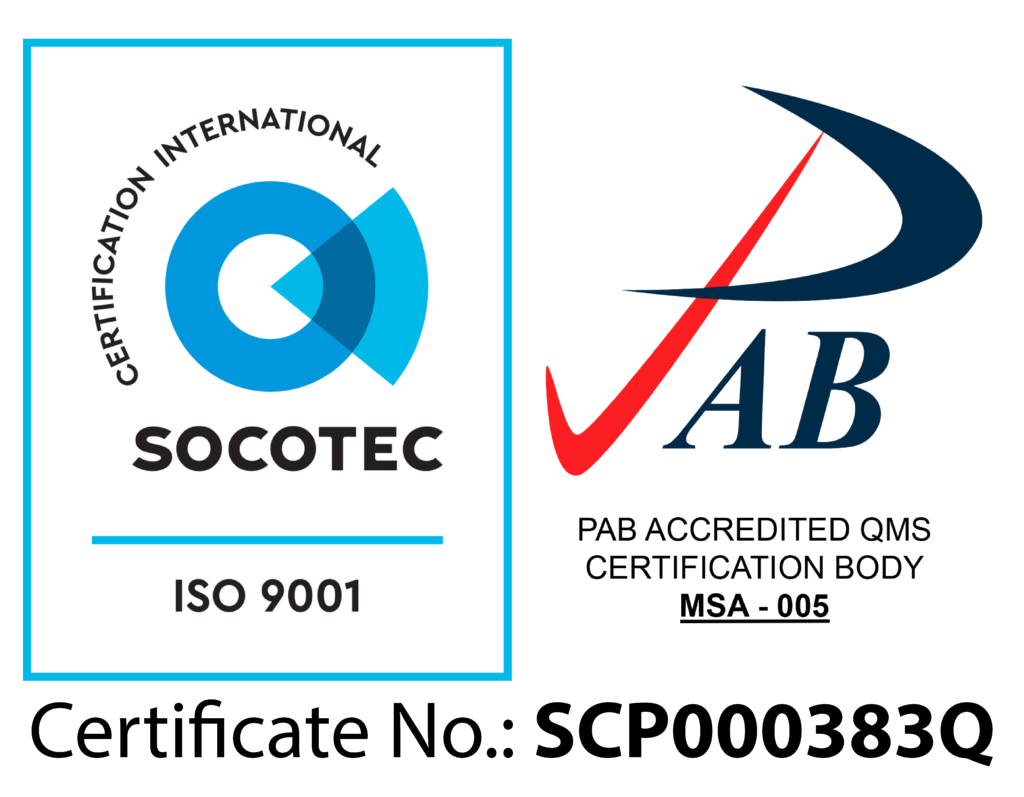The Department of Agricultural and Biosystems Engineering (DABE) which offers the Bachelor of Science in Agricultural and Biosystems Engineering (BSABE) program follows the Outcomes Based Education framework. The Program Educational Objectives (PEOs) which describes the ideal attributes of the graduates 3-5 years after graduation is based on the university’s vision, mission and goals (VMG) as well as on the department’s objectives. The PEOs are consistent with the needs of the program’s identified stakeholders. These become the basis for developing the Program Outcomes (POs) which will foster the attainment of the PEOs. The POs are measurable outcomes which relate to the knowledge, skills and attitudes that the students will acquire as they progress through the degree. The PEOs and the POs are reviewed periodically for continuing improvement through inputs and feedbacks from the alumni, stakeholders and the accrediting bodies.
Related to PEOs and POs, outcomes are developed for the set of courses to which a student must achieve in order to earn the degree. The important elements for the attainment of the course outcomes are the Intended Learning Outcomes (ILOs), Teacher-Learner Activities (TLAs) and Assessment Task (ATs). The course is the basic element which comprises a program, thus, assessment of achievement of outcomes in the course level is carried out to evaluate how effective the TLAs and ATs are in achieving the learning outcomes. To close the loop of the continuous quality improvement (CQI) process of OBE, changes or adjustments in the curriculum at the course and program levels are implemented. Moreover, the inputs and feedbacks from the community, the industry, professionals and accrediting organizations are directed to the CQI process for program improvements to ensure attainment of university’s VMG.
Program Educational Outcomes
After 3-5 years, the graduates of the BSABE Program shall:- provide leadership in planning, implementing, and monitoring ABE projects and programs;
- occupy supervisory positions in private and public organizations; locally and internationally;
- own and/or manage ABE-based business enterprises;
- pursue advance studies in ABE and emerging related fields; and
- occupy responsible positions in ABE education.
Program Objectives Agricultural and Biosystems Engineering
a) apply knowledge of mathematics and science to solve Agricultural and Biosystems (AB) engineering problems;b) design and conduct experiments, as well as to analyze and interpret data;
c) design a system, component, or process to meet desired needs within realistic constraints, in accordance with standards;
d) function in multidisciplinary and multi-cultural teams;
e) identify, formulate, and solve complex problems;
f) understand professional and ethical responsibility;
g) communicate effectively complex AB engineering activities with the engineering community and with society at large;
h) understand the impact of AB engineering solutions in a global, economic, environmental, and societal context;
i) recognize the need for, and engage in life-long learning;
j) know contemporary issues;
k) use techniques, skills, and modern engineering tools necessary for AB engineering practice;
l) know and understand engineering and management principles as a member and leader of a team, and to manage projects in a multidisciplinary environment;
m) understand at least one specialized field of ABE practice

